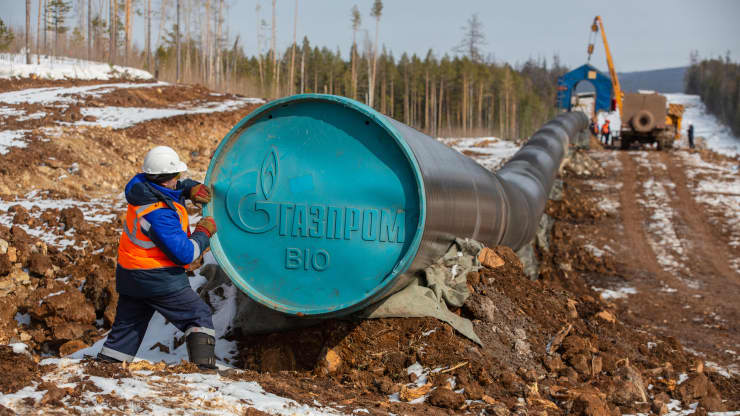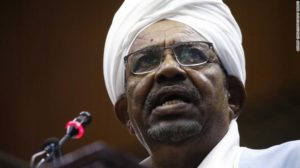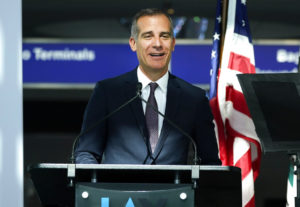
Putin’s invasion of Ukraine is not an exercise of military power. It is an attempt to control a sovereign state that he sees as being within Russia’s sphere of influence, or even part of its territory. Putin’s decision to invade the country is also motivated by Ukraine’s desires, and attempts, to join NATO and the European Union. At its core, this conflict is geopolitical. But beneath the surface lies another implication for Russia’s invasion: oil and gas.
Ukraine has long acted as a corridor for Russia to move its gas into Central and Eastern Europe. Despite plans to ease it’s reliance on Ukrainian pipelines, through the NS2 pipeline project, Russia continues to pay billions of dollars annually to Kyiv in transit fees. Russia is also contracted to continue moving gas through Ukraine for several years. Ukraine’s geographical location therefore continues to be of importance for Russia’s most lucrative industry, which makes up 60 percent of the country’s exports and 40 percent of its federal budget.
The day of Russia’s attack on Ukraine,February 24, was the same day the country was testing its electrical grid to disconnect from that of Russia. Ukraine was seeking to synchronise its power grid with that of Europe, effectively decoupling from the system that linked it to Russia, Belarus, and other former Soviet States. The move would have allowed the country to be independent from Russian dominance on its electricity, which extended to technical elements, such as grid frequency. Disconnecting from the Russian grid would also make Ukraine less vulnerable to Russian cyber attacks, such as those in 2015 and 2016, which resulted in a loss of power in several of the country’s cities.
The invasion has already resulted in 114 settlements losing electricity due to damage to power lines and substations, while others are threatened by military hostilities. With further damage to its power plants and infrastructure, Ukraine is at risk of losing even more power.
Putin’s power partially stems from dependency,largely European, on Russian fossil fuels. Thirty percent of Europe’s gas for home and industry use, as well as for generating electricity, comes from Russia. While Russia continues to be one of the largest fossil fuel producers in the world, and Europe one of its greatest consumers, the relationship will continue. The region’s continued reliance on Russia’s oil will finance Putin’s war in Ukraine.
While the world continues to consume fossil fuels, instead of seeking sustainable alternatives, conflicts will continue to be financed by the gains from the industry, or will take place for control over the resource itself.
The war that Putin is waging in Ukraine is about more than military power. It is motivated by the desire to control a sovereign state’s territory, its infrastructure, and its people.



